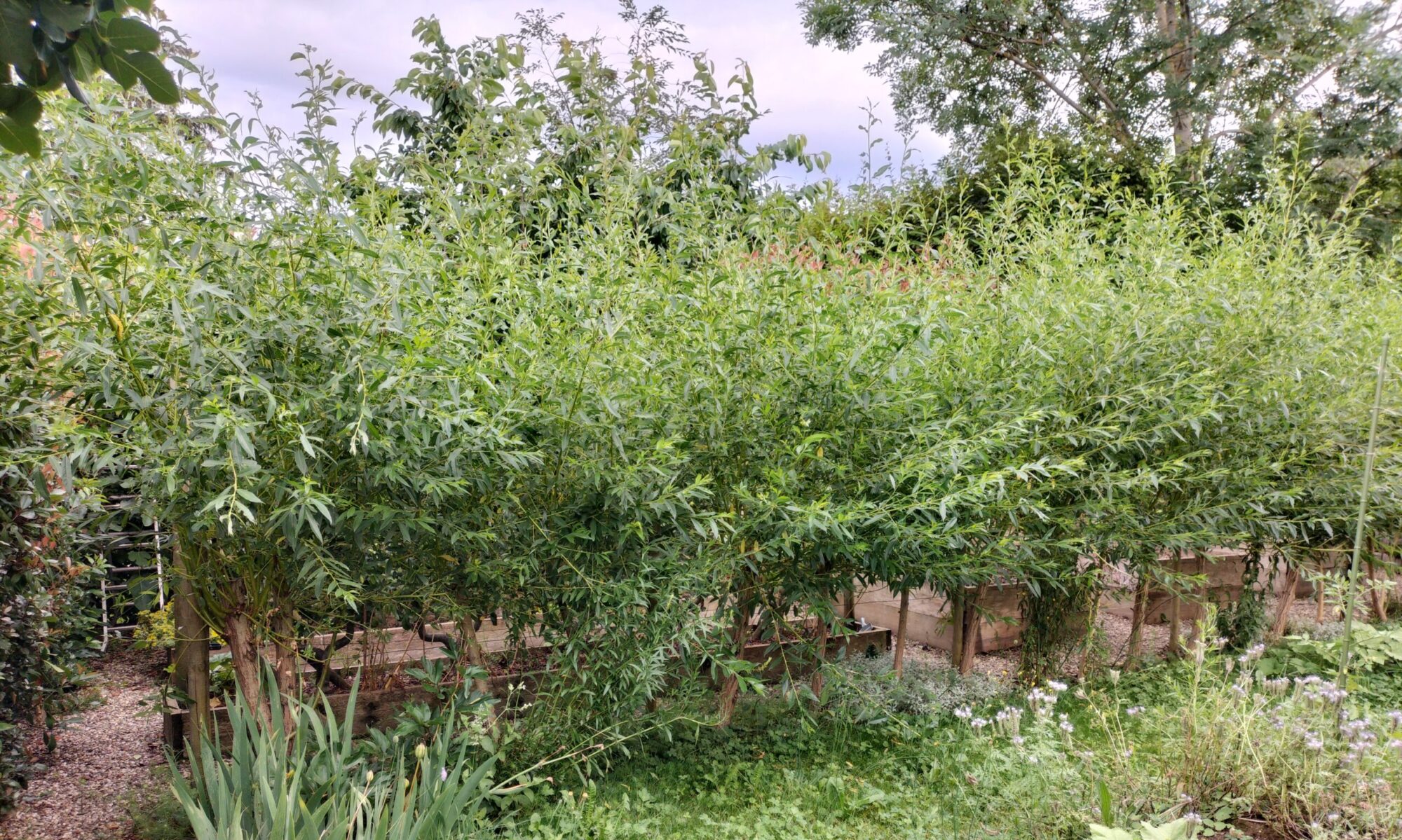
It’s been a while… but Spring has sprung and it’s time to write again.
Luke 4:1-13 The temptation of Jesus
Over the years, we have had the odd discussion over the dinner table about the best form of government. Given the results of the most recent democratic process across the pond, the question feels even more pertinent – rather than being governed by politicians who inevitably have at least half an eye on how to stay in power, wouldn’t it be better to have a benevolent dictator? Practicalities apart, if there were a totally good person who was wise enough to make the best decisions for everyone – wouldn’t we want them to govern us unchallenged?
The other morning, as I was musing on Luke’s account of the temptation of Jesus in the wilderness, it occurred to me that the second temptation was exactly that: to have authority over the nations, to be a benevolent dictator.
Similarly, the other two temptations seem to be good ideas. Why wouldn’t you want to provide for people’s physical needs by ensuring the food supply? And wouldn’t proving that Jesus was the son of God have prevented a lot of religious conflict, as well as much individual existential angst over the centuries?
Just like the first and third temptations, becoming a benevolent dictator would have been a way to solve humanity’s problems – but perhaps just at a superficial level. The message of the cross seems to be that our deepest need is for God to identify with our pain and suffering, rather than to prevent it.
This perplexing state of affairs leaves us with the responsibility of ensuring that our neighbours have enough to eat, of holding those who govern us to account, and of keeping faith despite the odds, while living peaceably with those who don’t.
Perhaps the desert experience was in part about letting humanity grow up, like a good parent who patiently teaches the child rather than doing the task for them? I easily fall into believing that struggle and pain is something externally imposed upon us that we need to resist or at least endure. It might make more sense to consider it the very work of being human, and that this is why God joined us in it rather than saved us from it.
